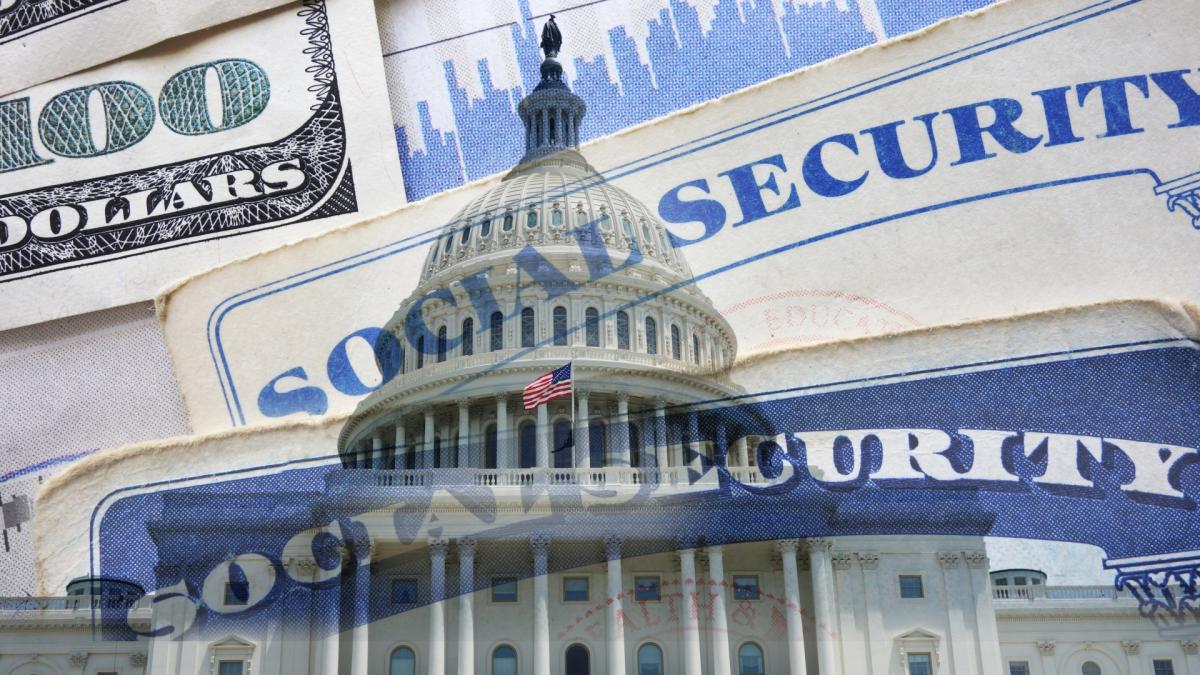Recent adjustments enhance IRS payouts to Social Security recipients nationwide, surprising them this tax season. The Cost of Living Adjustment raised Social Security payouts by 8.7% last year, affecting 66 million Americans.

Will Americans Pay More in Tax (Photo: Google)
Will Americans Pay More in Taxes?
Although the COLA increase seems advantageous, the IRS will take a portion of it, raising retirees’ tax bill. Seniors must pay taxes on their benefits if their adjusted gross income, including 85% of Social Security payouts, exceeds $25,000 for a single filer or $32,000 for a married couple.
Even while Social Security payouts have increased, the tax threshold has stayed fixed since 1984, increasing pensioners’ annual IRS debt.
2023’s COLA boost was the largest since 1981, making pensioners’ tax hike the largest in decades. Senior Citizens League executive director Shannon Benton expects a large rise in Social Security taxpayers this year.
READ ALSO: Navigating South Carolina State Taxes: Your Comprehensive Guide
Challenges for Remote Workers and Retirees
Beyond retirement, distant workers may face tax issues. Employees of out-of-state companies may pay double state income taxes. New York taxes employers regardless of employees’ work locations. Some states give tax credits for employer-made payments, although reciprocal tax agreements determine eligibility.
The IRS begins taking and processing 2024 tax returns on January 29 and closes on April 15. To speed up tax filing, IRS Free File, the government’s free filing service, promises to process most refunds within 21 days.
A beneficial tax credit in California may rebate $12,000 to taxpayers. Check out how a 20-minute call with a tax expert might save money for retirement. To maximize financial outcomes throughout tax season, taxpayers should stay informed and use available tools.
READ ALSO: Mastering Your 2023 Tax Return: Turbocharge Your Refund And Safeguard Against Scams

















































